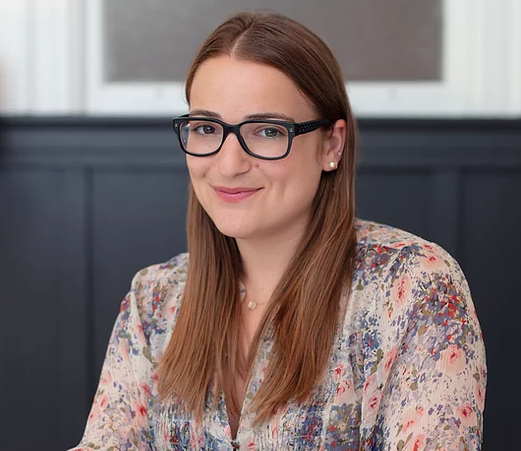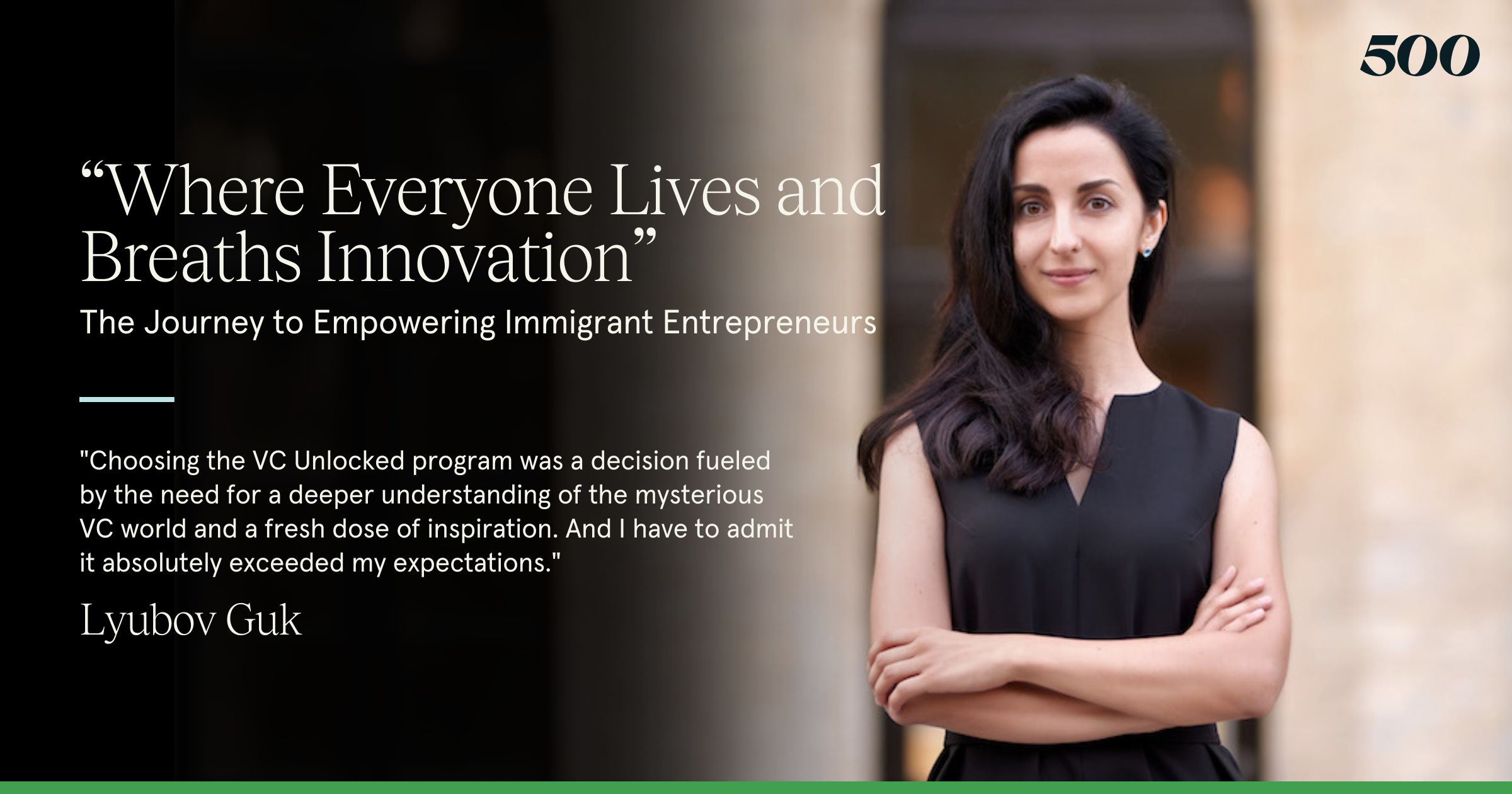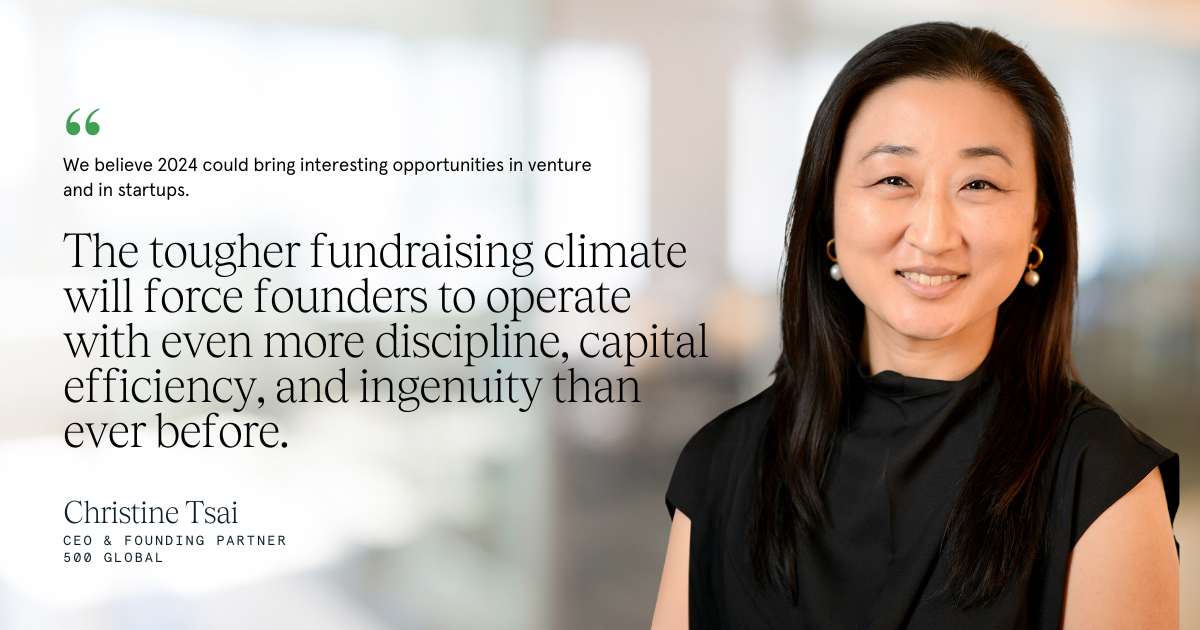Serena Ventures partner Alison Rapaport Stillman thinks VCs need to get out of their comfort zones. Take trading cards, something Alison has never cared about—that is until alternative assets boomed during the COVID-19 pandemic. Suddenly, she found herself learning about trading cards, trying to understand the market and find opportunities. “That’s my job, to make the unfamiliar familiar” she said. “So why can’t a man learn about tampons? The information is out there.”
But she still finds that VCs ignore products and services made for audiences they’re not familiar with, even those representing massive markets with loyal customers. Not surprisingly, that’s a big reason why women and entrepreneurs of color struggle to access venture funding. “We think it’s important to look beyond where traditional venture is focusing because there are a ton of opportunities that they’re not funding products and services for,” said Alison. But as Serena Ventures is proving, it doesn’t have to be this way.
Founded in 2014 by tennis legend Serena Williams, Serena Ventures is an early-stage fund that embraces diverse founders and the ideas they’re serving up. Among its portfolio of more than 50 companies, 60% of founders are people of color. Serena Ventures’ investments include MasterClass, Andela, Mayvenn, Tonal and Noom, to name a few. To take a closer look at how Serena Ventures developed its diverse portfolio and pipeline, Alison recently joined 500 Startups CEO Christine Tsai for a fireside chat at the 2021 Unity and Inclusion Summit.
When Serena Williams first launched the firm, she explicitly wanted to provide funding for more women. She eventually widened the criteria and today Serena Ventures will fund anyone with a good idea. Yet, because of the areas they want to serve, Alison says they still naturally fund women, Black and Latinx founders. “For me success is when you don’t have to have the quota,” said Alison. “You just naturally wake up and you say, like, ‘wow, 70% of my founders are women.’”
It helps that Serena Ventures has a diverse team led by women. That fact naturally attracts diverse deal flow, because founders identify with the investment team and see Serena Ventures as a safe place to share their vision. “They want to work with us because they know that we will come to them from a place of empathy,” said Alison. It also helps that a byproduct of working with diverse entrepreneurs is that it leads to a more diverse deal flow. Many recommendations they now get come from current portfolio companies. “We made our founders feel like we are partners who can help them grow,” she said.
Looking at the VC industry more broadly, Alison doesn’t see a diverse pipeline problem, but a networking issue. “Investors claiming they can’t find opportunities to invest in women and founders of color probably aren’t trying hard enough,” said Alison. “They may not be networked to them, and that’s something that you can fix.” An obvious solution is building a diverse team and creating internal opportunities for people with non-traditional VC backgrounds, which creates access to those wider networks. On that front, Alison advocates working with organizations like BLCK VC or All Raise.
Another way Alison recommends sourcing diverse deal flow is by not requiring a warm intro. That makes pitching less intimidating, because it can be difficult to find an introduction on Sand Hill Road, especially if you’re not in Silicon Valley. “If you have a cold inbound, you can find great opportunities,” she says. For example, the general contact email on the Serena Ventures website gets between 10 to 40 emails a day—many of these are autograph requests, but they also include pitches from entrepreneurs, which their team does actually consider. That’s a great way to get people to pitch to you who otherwise might not try, said Alison.
More generally, Serena Ventures also works with accelerators (including 500 Startups) and diversity-focused funds to source leads, and looks at opportunities that originate outside major startup hubs. Plenty of its portfolio companies come from Silicon Valley, but two of its most recent investments came from North Carolina and Wisconsin.
They are finding new sectors to focus on, such as the rise of online education. That includes looking at digital learning as a supplement and a way to attack inequities in traditional education systems. One recent investment they made is Fiveable, a woman-led Milwaukie edtech startup helping students prepare for AP exams by offering free online resources.
At the end of the day, Alison says VCs have a responsibility to change the way they do things and see new ideas and perspectives on markets. “Every company that we invest in isn’t meant for Alison Rapaport Stillman and I know that,” she said. “I’m still able to see the opportunity and help the company grow. And that needs to happen across the board.”
This post is intended solely for general informational or educational purposes only. 500 Startups Management Company, L.L.C. and its affiliates (collectively “500 Startups”) makes no representation as to the accuracy or information in this post and while reasonable steps have been taken to ensure that the information herein is accurate and up-to-date, no liability can be accepted for any error or omissions. All third party links in this post have not been independently verified by 500 Startups and the inclusion of such links should not be interpreted as an endorsement or confirmation of the content within. Under no circumstances should any content in this post be construed as investment, legal, tax or accounting advice by 500 Startups, or an offer to sell or solicitation of interest to purchase any securities advised by 500 Startups. Prospective investors considering an investment into any 500 Startups fund should not consider or construe this content as fund marketing material. The views expressed herein are as at the date of this summary and are subject to change without notice. This post includes the views and opinions of independent third parties that are not related to or controlled by 500 Startups. All views and opinions presented herein by such third party participants do not represent those of 500 Startups or any of its affiliates or representatives. 500 Startups makes no representations as to or guarantees of specific outcomes from relying on the contents of this post.




